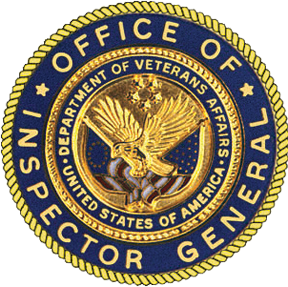The Executive Director ensures staff receive education about badge holders’ responsibilities in preventing unauthorized access to VA facilities and computer systems and safeguarding electronic databases including electronic health care records.
The Executive Director ensures signs are present and accurate throughout the facility.
The Executive Director ensures staff maintain privacy curtains, preventive maintenance on medical equipment, and splash resistant bottom shelves on supply carts.
The Executive Director ensures staff monitor patient care areas for expired, damaged, and contaminated medications and remove them as needed.
The Executive Director ensures staff store medications in pharmaceutical grade refrigerators.
The Executive Director ensures primary care staffing is sufficient for patients to receive appropriate health care.
The Executive Director reviews staffing levels for the Housing and Urban Development–Veterans Affairs Supportive Housing program and takes action as needed.
